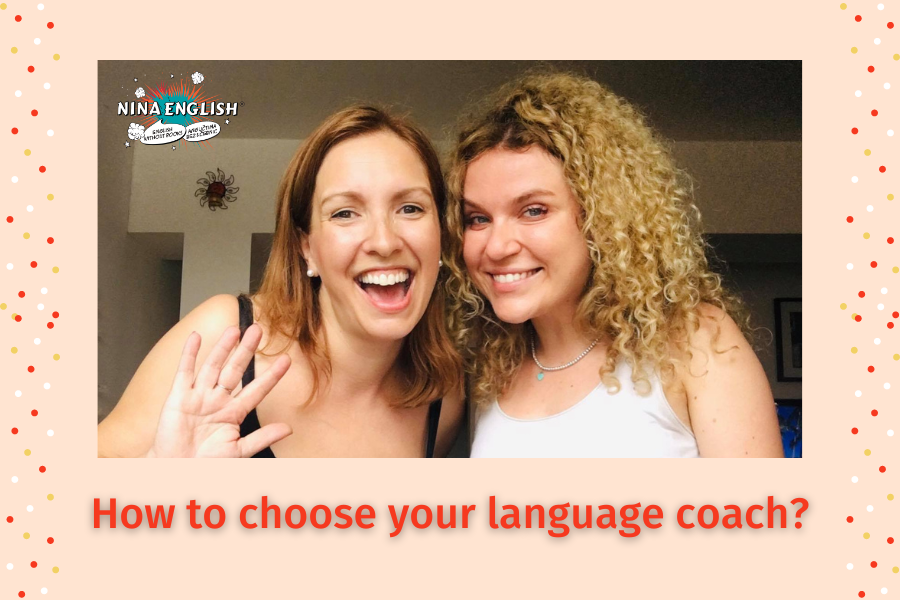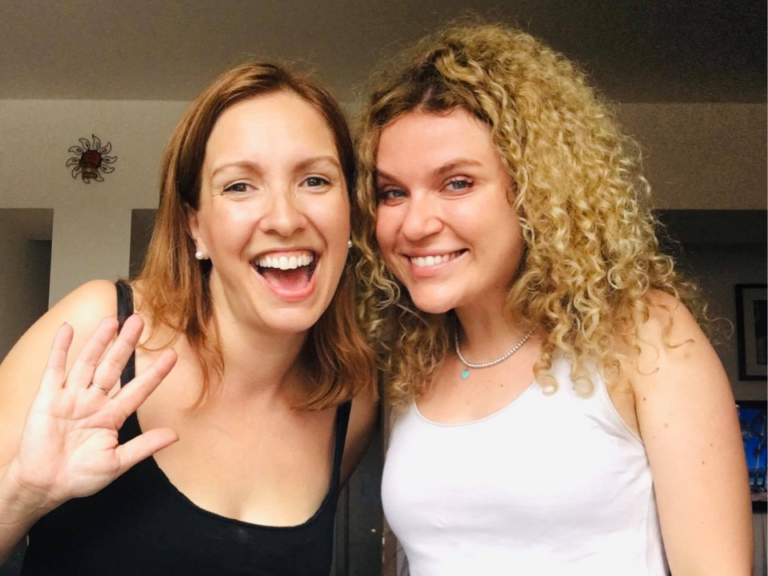
So, you’ve decided to dive into the world of language coaching. Great choice! But now comes the tricky part: finding the right coach to guide you on this journey. How do you pick the person who will not only lead the way but also make the whole experience enjoyable and motivating?
Think of it like choosing the perfect partner for an adventure. You want someone who’s going to be right there with you, cheering you on and making the process as fun and engaging as possible.
Here are some tips to help you find the coach that’s just right for you:
1. Life-centered lessons
Your language learning should mirror your real life as much as possible. Look for a coach who can bring practical, real-world situations into your lessons. Forget about dry, repetitive vocabulary drills — your sessions should be rooted in your experiences and interests. This way, the language naturally weaves into your daily routine, and you pick it up in a way that feels relevant and personal.
2. Real conversations
The key to mastering a language lies in having authentic conversations. Instead of just memorizing vocab or going over grammar rules, you should be chatting about topics that genuinely interest you. Whether it’s discussing the latest news, your favorite films, or work-related issues, these conversations should feel as close to real life as possible. If you need to brush up on your English for work, finding a coach who gets your industry and focuses on that will make a world of difference. Plus, you’ll absorb the grammar and vocabulary naturally as you go.
3. Flexibility and personalization
Your language coach should be able to mold the lessons to fit your specific goals and needs. If you’ve got a clear aim — like improving your business English — your coach should craft sessions that help you hit those targets. This way, your learning becomes more effective and enjoyable because it’s tailored just for you.



With my clients (2022 – 2024)
4. The principles of language coaching
A good coach does more than just teach — they help you set and reach your goals. They use language coaching techniques, like asking thought-provoking questions, to guide you toward success. And they’re there to keep you motivated, which is absolutely key for long-term progress. If you’re curious about these coaching principles, I’ve written more about them in another article, The magic of language coaching.
5. Personal chemistry and a friendly vibe
Trust and connection between you and your coach are super important. When you feel comfortable and at ease, you’ll learn much more effectively. Look for a coach you genuinely “click” with — someone who’s not just knowledgeable but also warm and encouraging.
6. Tangible progress and results
It’s crucial that your coach has a track record of helping others succeed. They should be able to show you how they’ve guided other students toward their language goals. Whether it’s through positive testimonials or examples of progress, you want to see proof that your coach knows their stuff.
–
Choosing the right language coach can make all the difference in your learning experience. Take your time to find someone who feels like the right fit for you — someone who understands your goals, challenges, and how to make learning enjoyable.
If these tips resonate with you, why not check out what we offer at Nina English? Our approach is all about practical, real-life scenarios, making sure you’re learning in a way that directly applies to your everyday and work life. We focus on your current needs, whether it’s getting better at English for business meetings, presentations, or just day-to-day conversations.
To learn more and kickstart your language learning journey, go here.
We’re excited to work with you and help you turn your language dreams into reality, making the process not just educational but also a whole lot of fun!
Good luck!
Nina
Copyright to 2004- Mgr. Nina Hanáková Nina English | Terms of Use | Processing of personal data | Terms and conditions
Nina EnglishⓇ is a registered trademark of Mgr. Nina Hanáková.
All materials contained herein are for the personal use of students. Any use beyond personal use requires prior written consent of the operator, except for use in accordance with Section 31(1)(c) of the Copyright Act.
Site Designed and Developed by CueForGood
